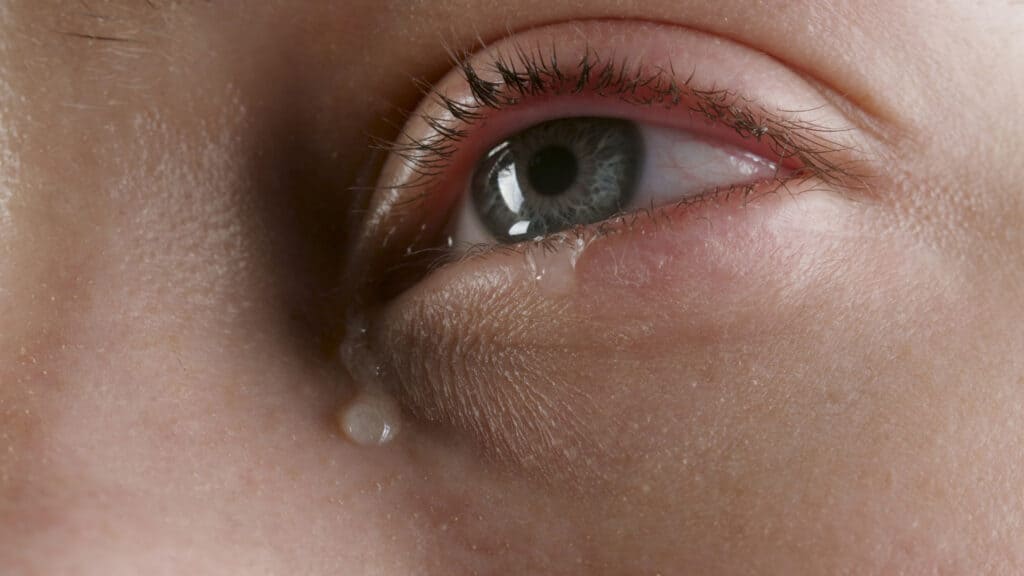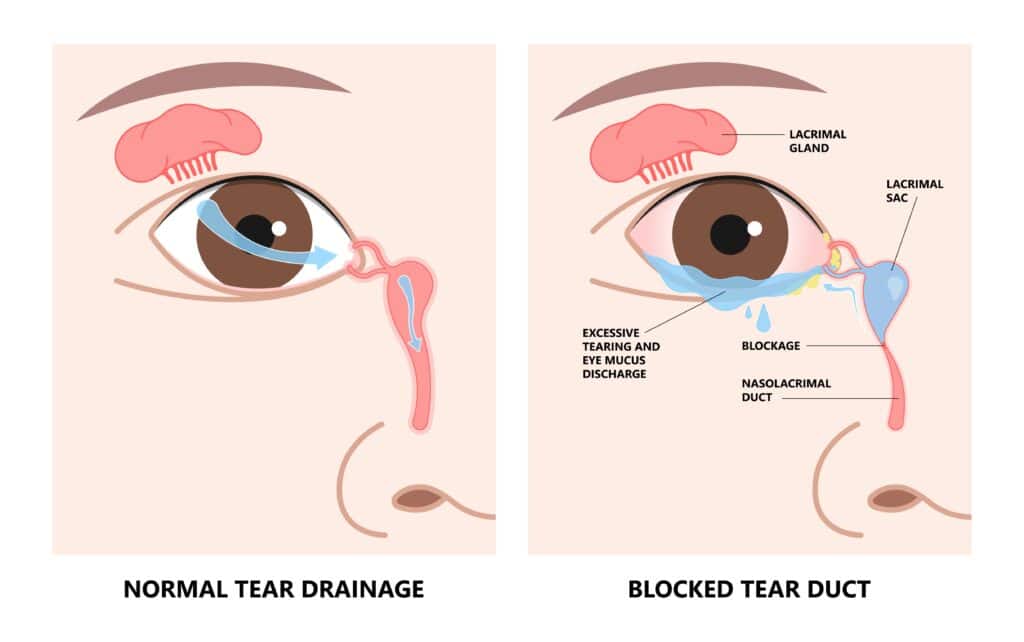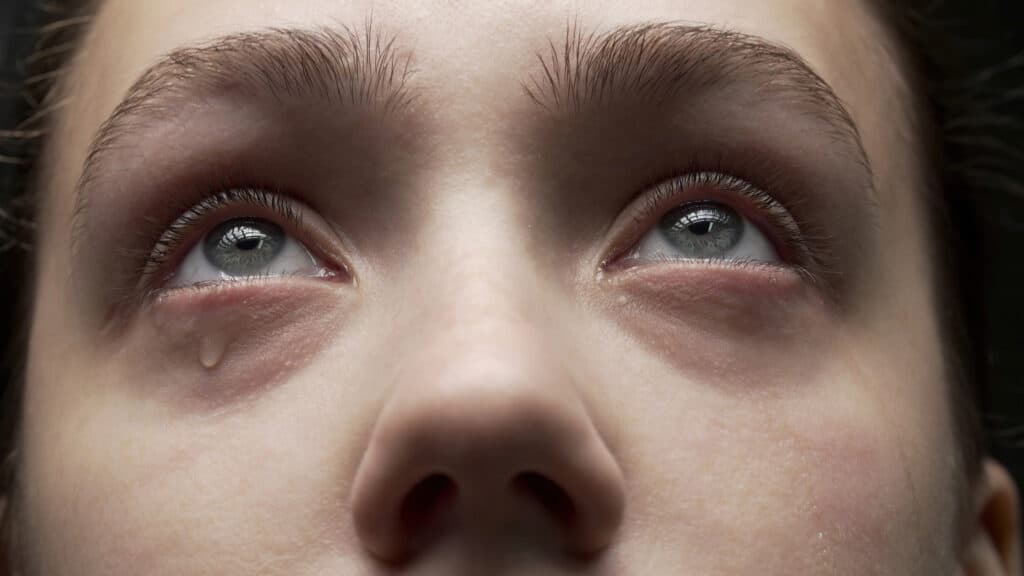Conditions
Epiphora
Epiphora, or watery eyes, is an eye condition that can affect anybody.
Chronic epiphora, on the other hand, is usually diagnosed in babies as well as adults older than 50.
What is epiphora?
Epiphora is a common condition that causes excessive watery eyes.
Unilateral epiphora affects one eye, while bilateral epiphora affects both eyes.
Your eyes naturally produce tears to keep themselves healthy and clean, but when you have epiphora, your tears don’t drain away properly, resulting in watery eyes.
In addition to watery eyes, you might also experience other issues related to your eyes, such as itchiness, redness, cloudy or unclear vision, and even sinus headaches.


What causes epiphora?
Epiphora is usually a sign of another underlying issue, and it’s commonly caused by the following:
- Allergies
- Blepharitis
- Blocked tear ducts
- Dry eyes
- Styes
- Chalazion
- Entropion
- Eye trauma or injuries (mechanical or chemical)
You might also experience watery eyes if you
- Have been exposed to environmental irritants like smoke or air pollution
- Have a scratched cornea, dirt, or debris in your eye
- Have an eye infection such as pink eye or sinusitis
Other causes of excessive tearing include bacterial or viral conjunctivitis, keratitis, corneal ulcers, contact lens overuse.
Epiphora symptoms
The main symptom of epiphora is excessive tearing that results in blurry vision.
Tears may spill onto your cheeks, even if you’re not crying.

Epiphora diagnosis
Your ophthalmologist will diagnose epiphora with a comprehensive eye examination, and will gently insert a cannula (a tiny straw-like implement) in your tear duct and will inject saline to determine if there is a blockage in your tear duct.

Epiphora treatment
In the event that you have a blocked tear duct, your ophthalmologist will offer you a referral to an oculoplastic surgeon for consultation for a very effective surgical procedure known as dacryocystorhinostomy.
Occasionally, the cause of tearing, is having small tear ducts, and a procedure called punctoplasty can be performed at Vision Pros to enlarge the punctums (tear ducts).
If you experience mild epiphora, it might clear up on its own, and you may not require treatment because the condition is often due to weather conditions such as wind, snow, rain, changes in humidity, and brightness.
Your ophthalmologist at Vision Pros will carefully examine your eyes to determine if there’s an underlying cause, and will recommend an appropriate treatment.
Why choose Vision Pros to treat your epiphora?
- Experienced ophthalmology team with expertise in all areas of ophthalmology, optometry, and general eye care.
- Rapid access and referral to world-class comprehensive screening and cutting-edge treatment in a state-of-the-art ophthalmology clinic.
- Holistic, personal, and patient-centric approach to every aspect of eye care.
Book an appointment for your comprehensive eye examination today
- https://www.ncbi.nlm.nih.gov/books/NBK557449/#:~:text=Epiphora%20applies%20to%20excessive%20tearing,ocular%20surface%20trauma%20or%20stimulation)
- https://my.clevelandclinic.org/health/symptoms/17944-epiphora-watery-eyes#:~:text=Epiphora%20is%20the%20medical%20term,your%20eyes%20like%20they%20should.
- https://www.allaboutvision.com/conditions/lacrimal/epiphora/